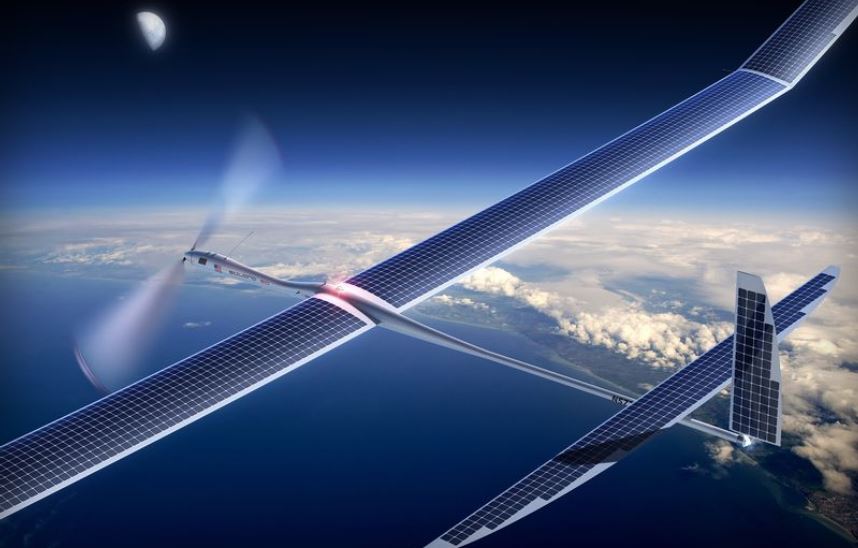Affiliate links on Android Authority may earn us a commission. Learn more.
Google Project Skybender could bring super fast internet with the use of drones

We tend to take the internet for granted around these parts of the planet, but access to the world wide web happens to be a bit of a privilege. According to Internet Live Stats, only about 40% of the world has an internet connection.
Considering that Google’s business revolves mostly around searching and browsing, we know they want as much people to be connected as possible. This is why they have undertaken ventures such as Project Loon, which aims to bring internet to under-developed areas through floating balloons that would communicate to the ground.
But the Search Giant is not stopping its quest for a more connected world. A new report from The Guardian swears Google has been working on a new movement that goes by the name Project SkyBender. The idea is similar to Project Loon, with the only main differences being that this time they are using “self-flying” solar drones and millimetre wave technology.

I am no expert, so those sound like nothing but fancy words right now, but we can tell you what this translates to for the user. It is said this is the technology that will power 5G networks, and it has the capability to transfer gigabits of data (yes, plural) per second, beating current 4G speeds by about 40 times.
Related Content:
- Project Wing: Google’s drones could one day drop your groceries from the sky
- Is Google preparing to test Project Loon in the US?
- Google reveals “Project Loon”, set to bring balloon-powered Internet to the world
According to the report, Google has rented Virgin Galactic’s 15,000 square feet hangar space for $1,000 a day. Located in New Mexico, near a town named Truth or Consequences (what a name for a place), this Google is holding all its tests. Sadly, Google had promise not to take any photos inside the building, so we won’t be looking at any goodies soon.
All we can do now is continue waiting for more details to emerge. The point here is that if I can get multi-gigabit speeds, I don’t care where they come from. Google is definitely onto something here, wouldn’t you think?